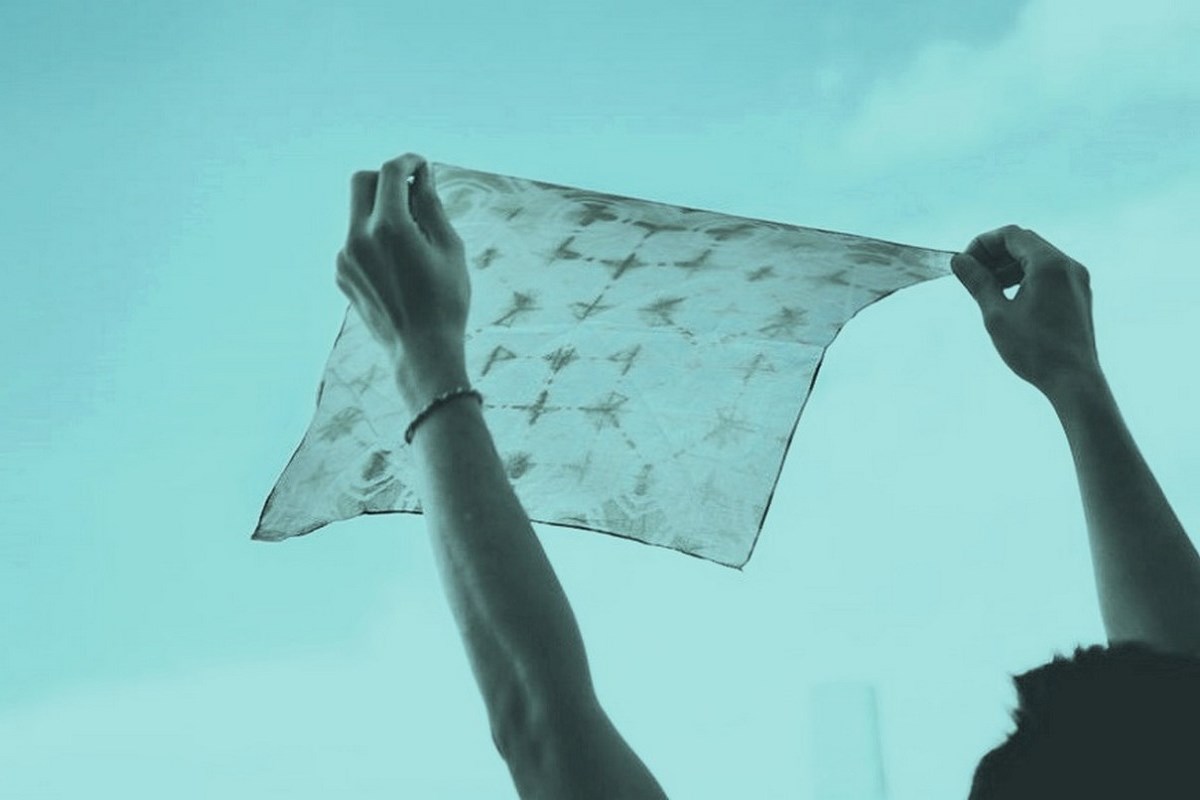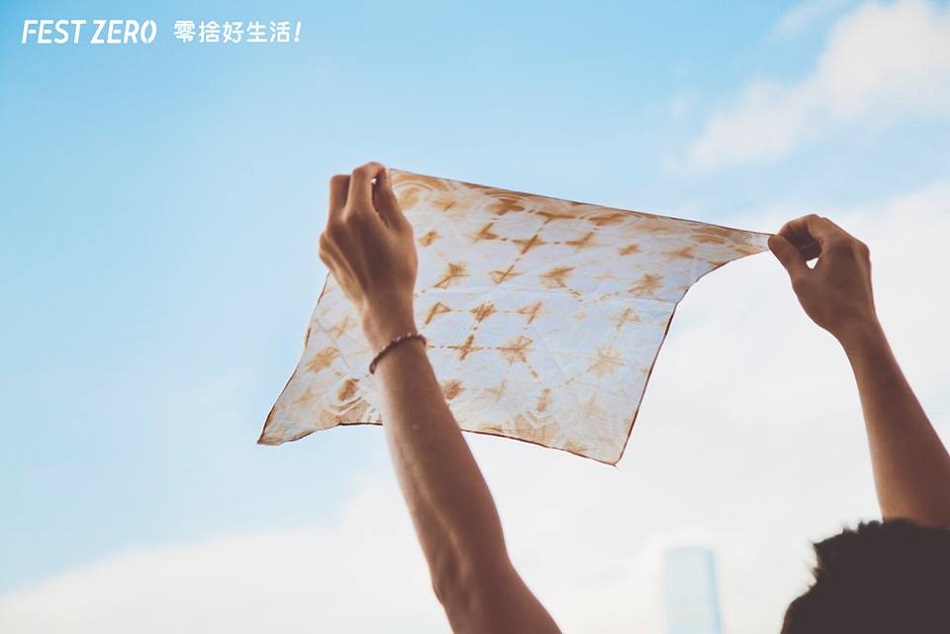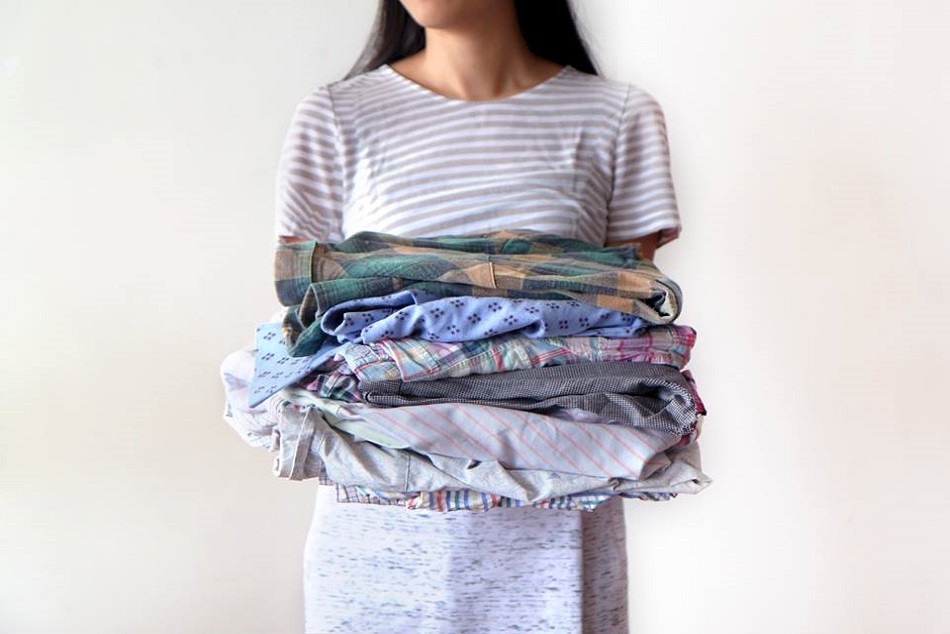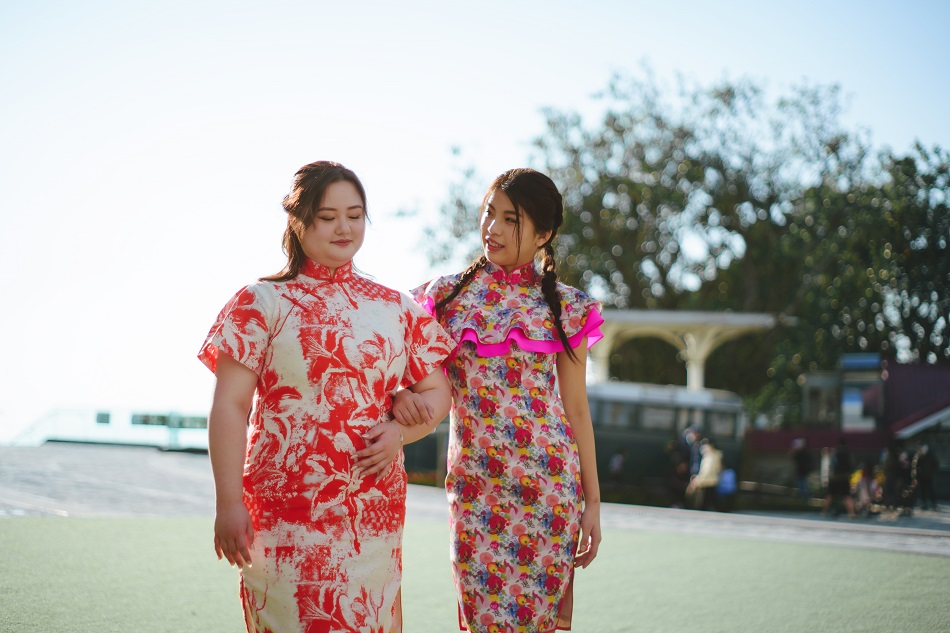Leisure & Culture #20
Fest Zero.Waste Zero
Smiley Planet

Written by Kit Chan
Translated by Derek Leung
Photos by ©Smiley Planet
The story started from a design project two years ago.
The designer Wilson won a job to promote new paper models for a paper firm. While the usual practice is to simply print a paper sample booklet for target customers to study, the paper firm tried to sell its paper unconventionally through design, and in the theme of agriculture.
It turned out that Wilson made and shelved in the bookstore a booklet teaching children how to plant, in which the content and nice pictures were filled in various paper models that made the whole book look more valuable.
Yet, no wastage of trees is the most important message. The fact is that every ton of paper produced costs the earth 17 trees and 1,500 litres of fuel at the same time. That experience brought him a whole new perspective of his own profession:
Could design make certain changes as long as it works in a proper way?
His thoughts have never stopped since then. A while later, he set up Smiley Planet with two friends, who were concerned about the environment and food issues, and ran a farming class in a kindergarten to guide the children how to grow sunflowers and Chinese spinach. “Can’t believe that Hong Kong children care about hygiene so much and they’ll rush for disinfection when they find mud on their hands!” sighed Wilson unexpectedly, with an obvious conclusion of an urgent need for further promotion and education.
The target audience this year is not only the children but the general public – how could people reduce waste in their ordinary daily life?
While it is always boring and scaring to simply talk about the theory and rules of environmental protection, running something fun and lively will do good and this is the reason a festival called Fest Zero is organized: Skins of onions from the wet markets are gathered for the making of natural dye after being heated by sunlight; rotting fruit from supermarkets are collected for the production and distribution of jam with the help of Food Angel; used clothes are called for so that hundreds of quilts can be sewn for the homeless.
Other events include a second-hand goods exchange bazaar, a cycling-to-listening concert and documentary screenings, in the hope that the seeds of zero waste laid amid the fun time become the roses very soon.
Such activities are not rare in recent years, but Smiley Planet being the organizer has to take everything including the venue setting into more careful consideration: the design should be movable so as to reduce the number of supports; bamboos are better than metal supports as the former can be reused by farmers as the fences for vines; old wood flooring panels are also preferable to disposable carpets as a workshop can be run to teach everyone how to make portable planting pots out of the ripped panels.
These are the things to be considered, and to be demonstrated, and to have people inspired.
“Apparently, a single event won’t turn people to be environmentally friendly suddenly,” commented Wilson. “Whether you’ll keep painting your life greener after our teaching of colouring depends solely on your motivation.”
Smiley Planet aims at emphasizing that waste reduction may not be as difficult as many have expected. In their opinion, many a little makes a mickle.
Even lazy people can engage themselves in reducing carbon emissions when they reply emails. While the power consumed in reading and deleting up to 62 trillion junk emails every year equals to the power supply for 2.4 billion households, why not taking an easy step of a simple click on the delete button to change the whole world?

Carbon emissions are minimized from natural dyeing benefitting from the use of sunlight.

Skins of onions from the wet markets are collected for juice extraction to produce natural dye.

Who cares the unsold fruits are imperfect before they are made to be tasty jam?

Ripped old wood panels for exhibition flooring use can be reassembled to make practical planting pots.

Children are taught not only to plant but also to lay seeds of zero waste.

Before throwing away your old clothes, could you please think if they can be used otherwise or some people need them badly?
Mart at PMQ: Fest Zero, Marketplace & Courtyard, G/F, PMQ (19.9.2015 - 20.9.2015)


